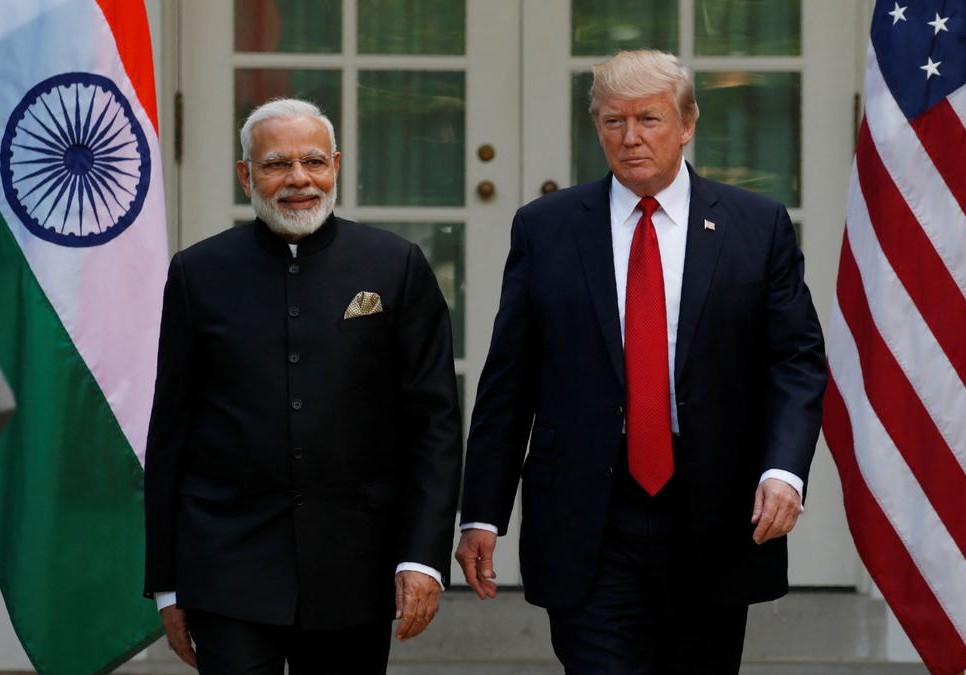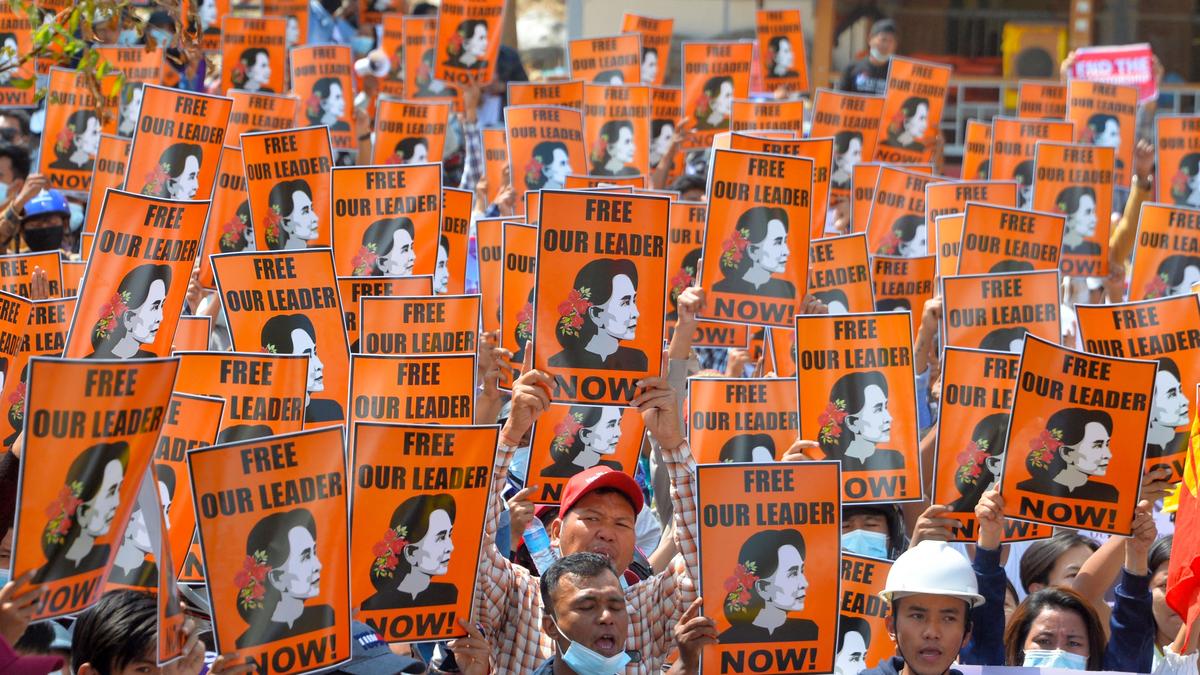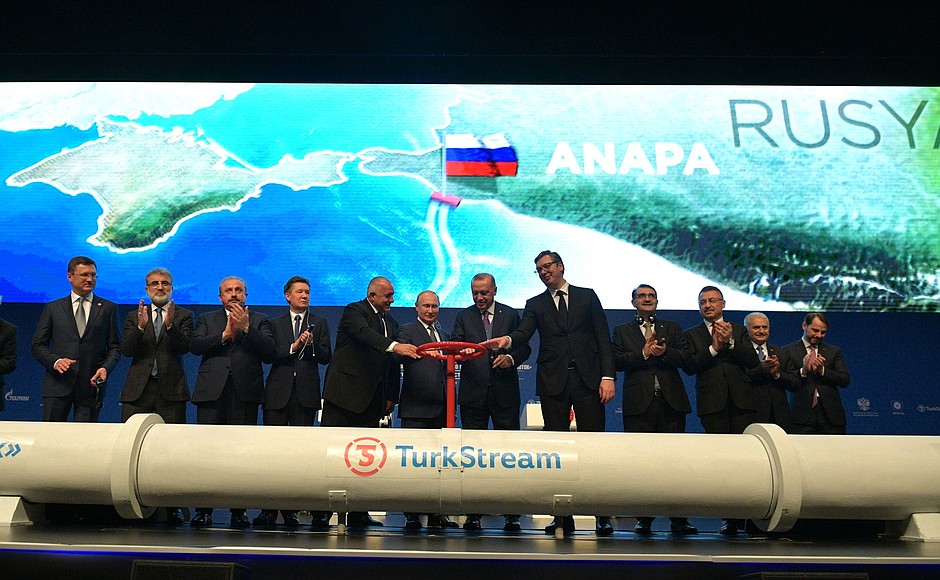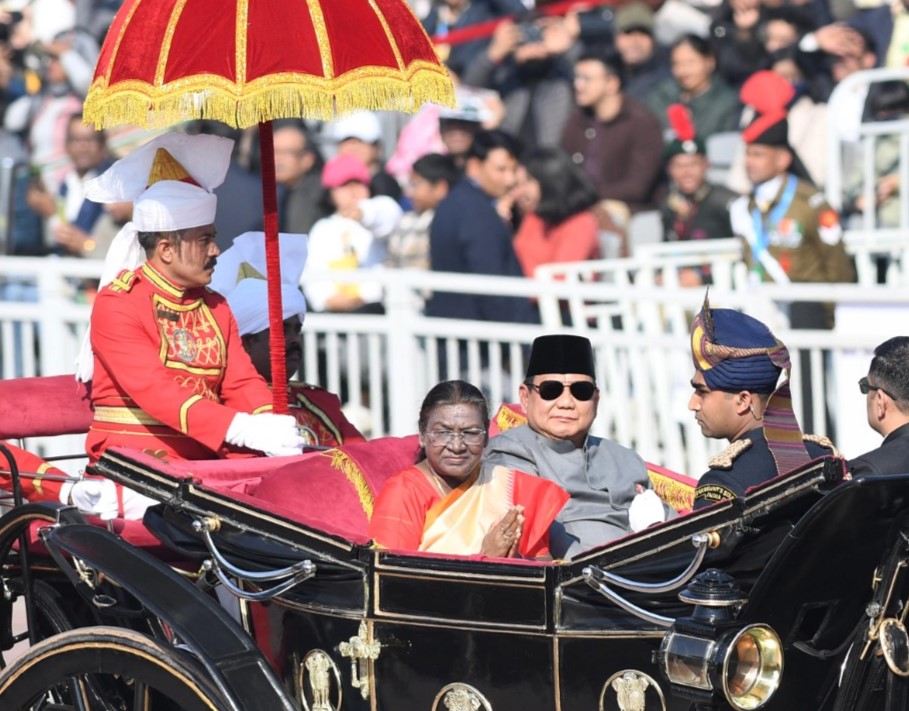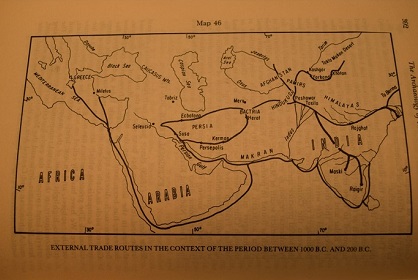Modi negotiates with Washington
India and the U.S. have a big agenda, bilaterally and geopolitically, to discuss when Prime Minister Narendra Modi and U.S. President Donald Trump meet in Washington on Feb 12-13. Trade, China and migration are central points of discussion. So will ensuring that Trump allies with India on its neighbourhood as an area of common concern. The big election win in New Delhi will strengthen Modi’s negotiating hand.

